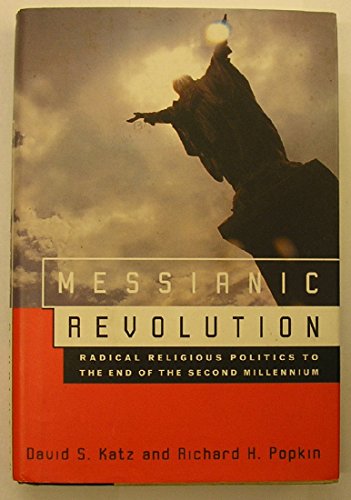Two historians explore how fringe beliefs and those who follow them have been carried through the last one thousand years and offer reasons for the strong hold apocalyptic thinking has had on people living in the New World.
On April 19,1993, at least seventy-four people lost their lives near Waco, Texas, in the confrontation between the followers of David Koresh and the federal agents outside his compound. These groups, clearly, inhabited two different conceptual worlds. Two years later, the Federal Building in Oklahoma City was bombed by people who related the act to what had happened in Waco. Yet both then and now, it seemed that neither journalists nor law-enforcement experts nor the public was aware of the rich tradition of messianic, revolutionary politics behind groups like Koresh's, a history that stretches back, unbroken, to the early Middle Ages.
In this fascinating study, two historians explore that tradition, showing how the beliefs of many fringe, distressed, disenfranchised, or purely mystical Christians and Jews have been transmitted across a millennium. Professors David Katz and Richard Popkin's Messianic Revolution offers a strong and lucid explanation of why and how this apocalyptic strain found especially fertile ground in the New World, and it throws new light on the many strands of biblical interpretation, both Jewish and Christian, that are woven into this complex, fascinating history.
![]()
